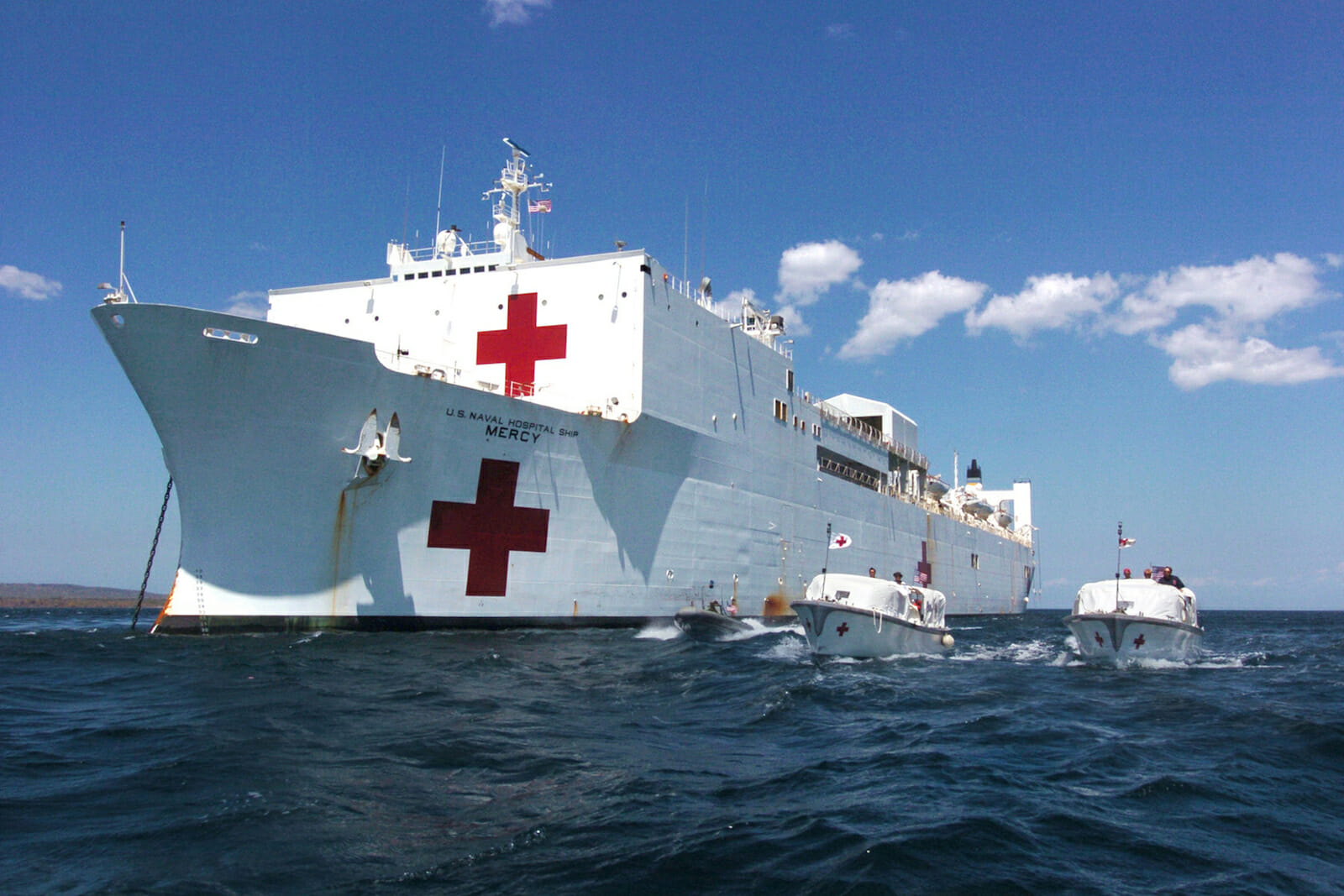
Media
Reuters’ Coverage of China’s Response to Typhoon Haiyan is Curious
Reuters’ concern-trolling over the low-key Chinese response to the Philippine Haiyan supertyphoon disaster is revealing, in a relatively inadvertent way. Yesterday it was, “China’s meager aid to the Philippines could dent its image,” and today it is, “No sign of help for Philippines from China’s hospital ship.” The Chinese government has not been particularly forthcoming in aid to the Philippines, especially in comparison with the high profile pledges by the United States and Japan, and the dispatch of the US aircraft carrier George Washington and its strike group to provide relief.
There’s a dearth of hard data on exactly why the PRC hasn’t gone all out in opening the aid floodgates to the Philippines, with whom China is locked in an antagonistic maritime dispute. China’s activist hardliner newspaper, Global Times, did weigh in with one editorial urging the government not to snub the Philippines; for the rest, Reuters has been forced to rely on the usual suspects—pundits, Twitterers, and Weibo posts—in order to weave a narrative out of the fact that China has provided less aid than the United States and Japan.
The story could have been as easily spun as “US, Japan Go All Out to Exploit Supertyphoon to Bolster Strategic Alliance With the Philippines,” which, indeed, is a certain part of what’s going on. Japan, in particular, is eager to use the disaster to strengthen the case for expanding the regional footprint of its Self-Defense Force (in anticipation of the day when the pacifist constitution is revised and the SDF is rebranded as a conventional—and rather large—national military).
One can almost view the Reuters articles as part of that campaign, highlighting the contrast between the US/Japanese and Chinese responses in order to gain an additional PR value for the West.
But Reuters’ framing that the Chinese regime is clumsily botching the only reasonable policy option—backing up its regional power pretensions with a high profile assumption of disaster relief responsibilities—is remarkably blinkered in a way that implies that flooding the Asian zone with more reportorial resources is simply creating an echo chamber of mutually reinforcing punditry and prejudices, and making it easier to superimpose Western preconceptions on the Asian reality: an exercise in Orientalizing that Edward Said would find quite familiar.
There are, I would aver, other forces at work in China, ones that preclude the new PRC administration of Xi Jinping from blithely laying himself down in the Procrustean bed of western liberal and U.S. great power preconceptions of how China should be responding to the Haiyan disaster at this particular moment.
I see Xi Jinping asserting tight central control and management over China’s media and public opinion space in order to consolidate his own power and, quite possibly, in anticipation of domestic rumpus attending some badly needed and long-expected economic, financial, and political reforms.
One of the relief valves permitted for Chinese public opinion is the vociferous abuse heaped on countries with whom the PRC are at odds, like Vietnam and the Philippines. Reasserting government management of that space means not giving China’s easily riled netizens (and the occasional dissident activists who welcome any expression of on-line discontent as an opportunity to delegitimize the PRC regime) something to bitch about, reinforce their feelings of individual agency, and resist the top-down authoritarian guidance that seems to be Xi Jinping’s preferred governance model.
In my most recent article for Asia Times, “Controlling the media is Xi’s message” I posit that the PRC regime is taking care not to get out in front of Chinese public opinion (which is pretty negative and uncharitable toward the Philippines, despite the awful Haiyan disaster) by supplying aid beyond the minimum demanded by neighborly compassion, unless it is recognized inside China as a matter of overwhelming moral and practical necessity.
Also, undoubtedly Xi would prefer that the relief be reframed in terms of a regional role that China not only can but must fill, ideally at the urgent behest of the Philippines, and not just because Reuters has written a couple of pithy headlines.
Perhaps the real reason is that Xi has his eye squarely on the domestic ball of public opinion, and does not want to be seen getting all soft and squishy, pursuing international popularity will o’ the wisps when his main business is to convince the Chinese populace that the CCP has the domestic dissent/control/reform agenda well in hand.
Those with longer memories (a characteristic of the Chinese Communist Party hierarchy) might remember how foreign aid issues got rolled up in a spate of horrific school bus accidents that claimed dozens of lives in China in the winter of 2012. Netizen scorn was heaped on the government for concurrently providing school buses to Macedonia as an aid gambit even as China’s own children perished on antiquated and unsafe buses.
More recently, the Chinese government came in for considerable criticism in the wake of Cyclone Fitow. In a few hours in October (in another one of those unprecedented calamities probably exacerbated by global warming and now recurring with such frequency that the previous instances are quickly forgotten), that storm dropped a half-meter or so of rain on northern Zhejiang province – more than the region had seen in a century – flooding 70% of a sizable city called Yuyao. There was considerable local disgruntlement at the provincial government’s inability to provide prompt relief.
With Cyclone Fitow in context (and with the current example of the admittedly lesser losses and suffering that the Haiyin super-typhoon inflicted on the Chinese mainland), it would seem logical that the Xi government would not be interested in squandering its messaging victory by expending moral, political, and economic resources on the Philippines while the local situation is far from bright, thereby inviting netizen criticism of the government in the (for China) still privileged space of protected expression reserved for outpourings of nationalist and xenophobic bile.
The United States, as part of its pivot to Asia, is eager to identify and advertise through the Western media roles for China that the PRC finds awkward and unpleasant to fill. Disaster relief for Supertyphoon Haiyan is not the first, and will probably not be the last.
